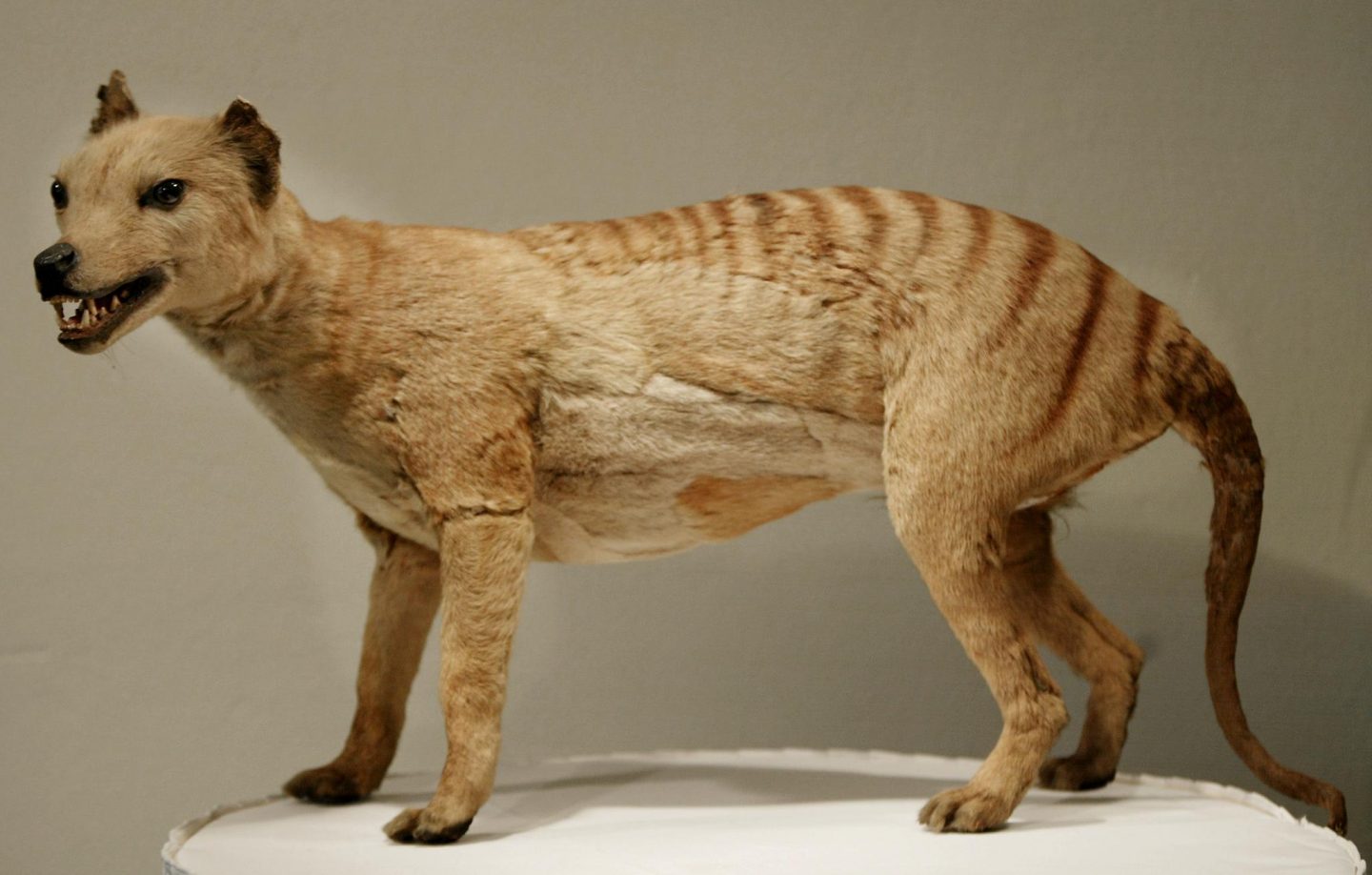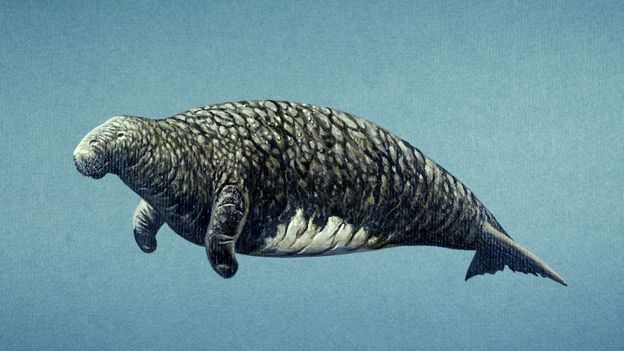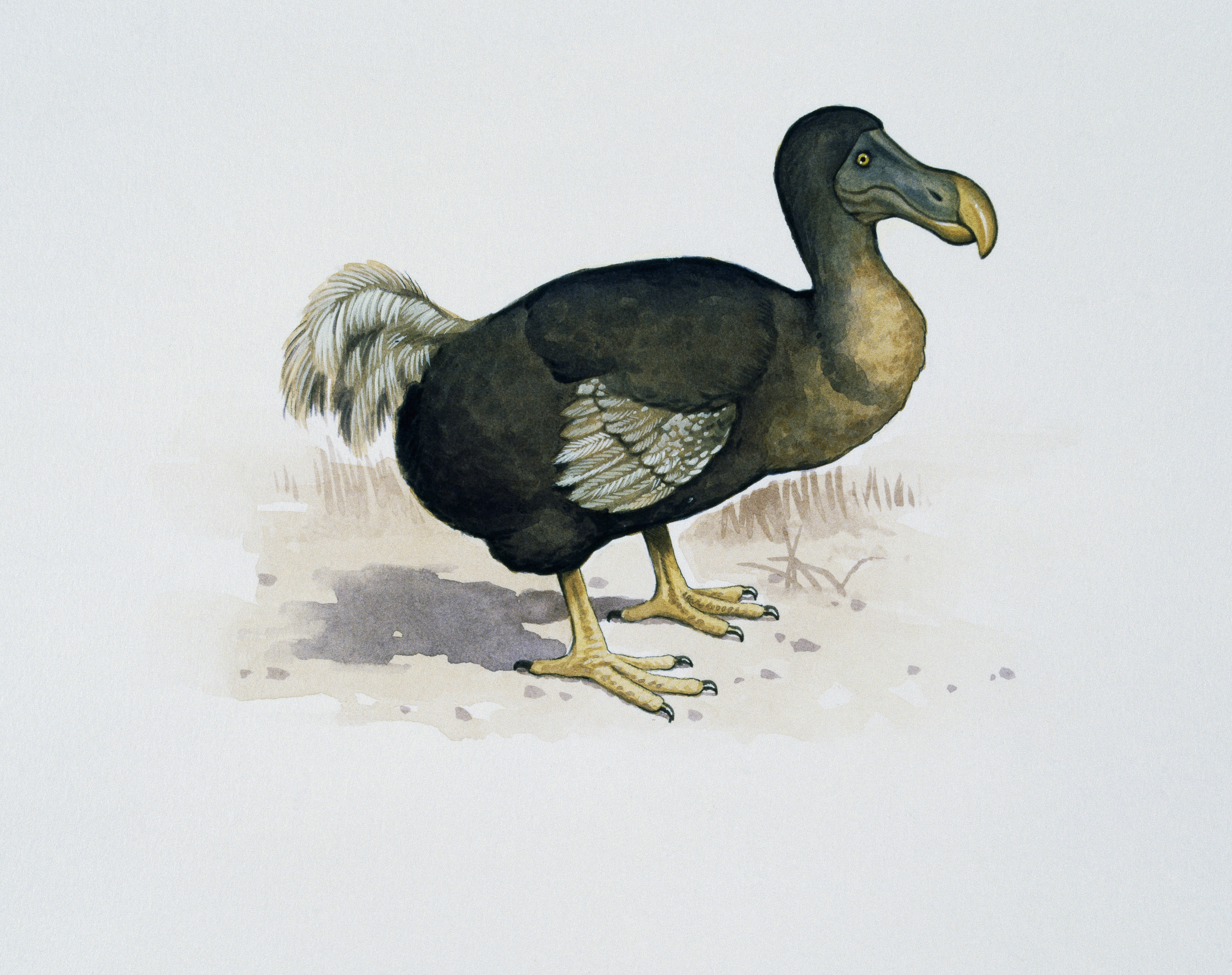God is that the Creator of every living thing. He created all types of wild animals, livestock, and little animals, each able to manufacture offspring of constant kind. Unfortunately, quite ninety nine % of all species, amounting to over 5 billion species, that ever lived on Earth are calculable to own become extinct which suggests this generation has uncomprehensible a lot. A species is extinct once the last existing member dies. this will happen once they are endangered. it's going to return suddenly when an healthy species is worn out completely, as when cyanogenetic pollution renders its entire surroundings (where they live) unliveable; or might occur step by step over thousands or various years, equivalent to once a species gradually loses come in competition for food to raised custom-made competitors. The extinction of a species may cause the extinction of Associate in Nursingother as a result of many creatures are closely connected and rely on one another.
Below are photos of ten creatures that are extinct.
10. steppe bison

Steppe bison or champaign aurochs is an extinct species of bison that was once found on the mammoth stepe wherever its vary enclosed British isles, Europe, Central Asia, Northern to Northeastern Asia, Beringia and North America from northwest Canada to Mexico during the Quaternary.
The steppe bison became extinct in 5,400 and it was replaced in Europe by the modern European bison.
9. Caucasian moose

The Caucasian moose, also known as the Caucasian elk was a subspecies of moose found in the Caucasus Mountains of Eastern Europe and Asia Minor. It is widely believed to be extinct in the 1850s.
8. Thylacine

The thylacine, now extinct, is one of the largest known carnivorous marsupials, evolving about 4 million years ago. The last known live animal was captured in 1933 in Tasmania
7. Steller's sea cow

Steller's sea cow is an extinct sirenian described by Georg Wilhelm Steller in 1741. At that time, it absolutely was found solely round the Commander Islands within the Bering Sea between Last Frontier and Russia; its vary was a lot of intensive throughout the Pleistocene epoch, and it's attainable that the animal and humans antecedently interacted.
6. Dodo bird

Dutch sailors 1st recorded a mention of the dodo in 1598. The bird was afraid to extinction by sailors and their domesticated animals, and invasive species. The last wide accepted observance of a Dodo was in 1662.
5. Saber-toothed cat

A saber-toothed cat is any member of varied extinct teams of predatory mammals that are characterised by long, curvilinear saber-shaped canine teeth that protruded from the mouth even once closed.
4. tyrannosaurus

Tyrannosaurus may be a genus of coelurosaurian bird-footed dinosaur dinosaur. The species theropod rex, usually known as T. rex or informally T-Rex, is one in every of the foremost we tend toll-represented of the massive theropods. Tyrannosaurus lived throughout what's currently western North America, on what was then an island continent called Laramidia. T. rex has been gone for a minimum of sixty five million years; it’s not gonna happen. In fact, nearly all of the species we may on paper resurrect are ones we worn out in our comparatively recent rise to the highest of the food chain.
3. Megatherium

Megatherium also known as giant ground sloth became extinct around 12,000 years ago during the Quaternary extinction event, which also claimed most other large mammals in the New World.
2. Haast’s eagle
The Haast's eagle is an extinct species of eagle that once lived in the South Island of New Zealand, commonly accepted to be the pouakai of Maori legend. The species was the largest eagle known to have existed, with an estimated weight of 15 kilograms nearly double that of the Harpy eagle at 9 kilograms. Haast's eagle became extinct around 1400.
1. Neanderthals

Neanderthals are an extinct species or subspecies of archaic humans who lived in continent till regarding 40,000 years ago. They in all probability went extinct thanks to competition with or extermination by immigrating European early fashionable humans or due to nice climatical change, disease, or a mix of those factors.



No comments:
Post a Comment